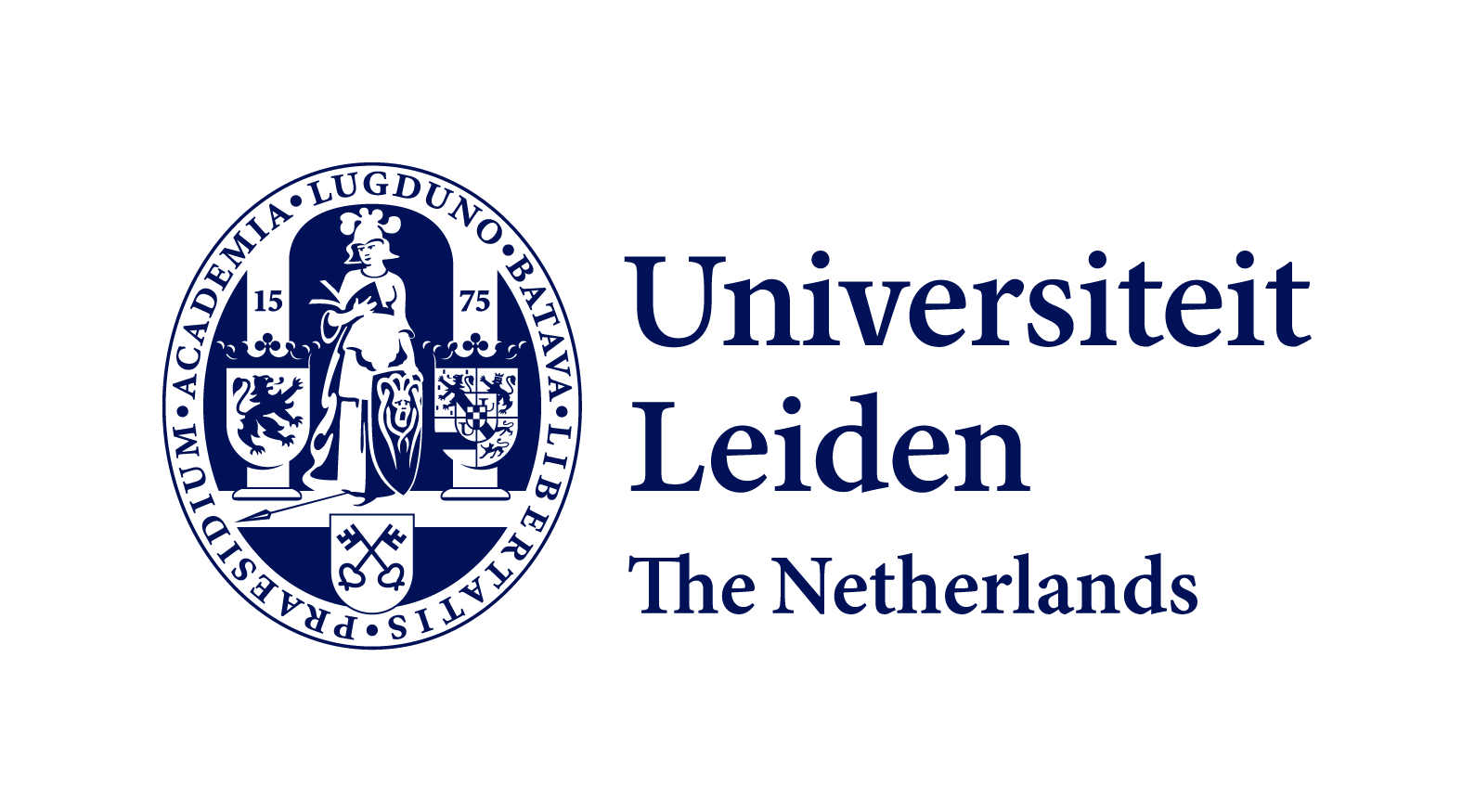Shedding New Light on the Epiphany: A Comparative Analysis on the Literary Epiphany Used in James Joyce’s "Stephen Hero" and "A Portrait", and Marcel Proust’s "Recherche"
Keywords:
Joyce, Proust, Epiphany, Literary Modernism, Involuntary MemoryAbstract
The aim of this paper is to explore the different ways in which the epiphany as a literary device manifests in James Joyce’s Stephen Hero and A Portrait of the artist as a young man, and in Marcel Proust’s À la recherche du temps perdu. It will be argued that Joyce’s concept of the epiphany is profoundly based upon the notions of perception and light as they denote moments when the essence of objects reveals itself to the observer and triggers a sense of new intrinsic insight. In comparison, Proust’s epiphanies often stress the importance of other senses such as touch, smell, taste and sound, because they are based on the experience of involuntary memory — the idea that a present sensation can recall long forgotten memories. Because Proust’s epiphanies function by memory and recollection, they are based upon recognition instead of revelation, as is the case with Joyce.

Downloads
Published
Issue
Section
License
Copyright (c) 2023 Jasmijn Oostwal

This work is licensed under a Creative Commons Attribution 4.0 International License.





